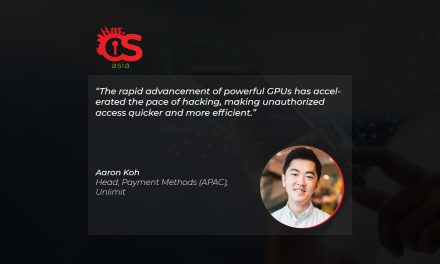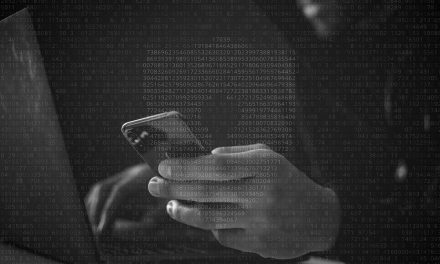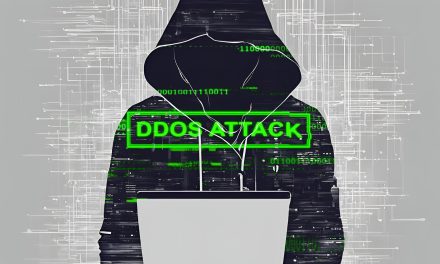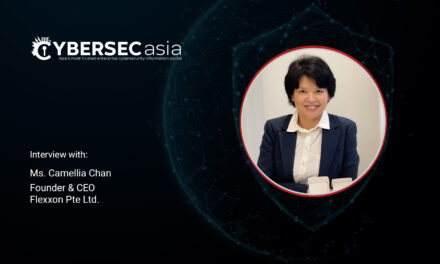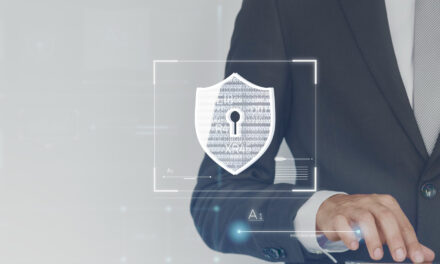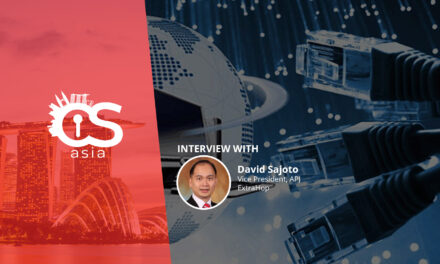How could personal data be better controlled by owners themselves, instead of being used to profit Big Tech organizations or, worse, cybercriminals?
‘Big Tech’ companies and their business partners provide free apps, products and services to collect vast amounts of customer data. Consumers provide personal data to businesses for better personalization, as well as integrate social media, entertainment, cloud storage, and real-time personalized services into their daily lives.
Welcome to the digital economy, where data is the currency! This reliance on data will only increase in the future as companies capture, catalog, and cash in on data in every step of their supply chain.
But it’s not too late to regain control of our personal data, according to Founder and CEO of ImagineBC, Erik Rind, who has developed a revolutionary idea that will empower individuals to efficiently and easily control the distribution of their personal information.
He believes that consumers can turn this distribution into an income stream for themselves instead of letting Facebook, Google, Amazon and all other third parties currently profiting from their personal information.
Rind shares his insights in this interview with CybersecAsia:
1. It’s been said that, in an age of social media and mobile apps, our personal data are the products being traded. What are the likely hazards to individuals and enterprises?
Rind: Rather than thinking of our personal data as a product being traded, think of our information more as the raw material used to create a product. Big tech consumes our personal information 24 hours a day, 7 days a week, directly through our interaction with our devices, and they consume our intellectual property through platforms like YouTube.
Big Tech’s factories are designed to deploy state of the art technologies, like artificial intelligence and machine learning (AI/ML), to bundle up our information into neat little packages that can be sold off to 3rd parties who are only too anxious to pay for our information so that they can directly target us with ads and offers.
Meanwhile, big tech is accumulating the largest fortunes ever known to mankind.
The real question that needs to be asked and answered is, who is entitled to control our personal information and intellectual creativity and even more important, who should monetarily benefit from having control of that information?
My company ImagineBC believes the answer to that question is obvious. Every individual should be entitled to control how their data, their creativity and their time is used, and the individual should be the primary beneficiary from the monetization of their data.
The consolidation of wealth into the hands of the few has coincided with the introduction and mass exportation of big data and AI/ML technologies. The hazards to individuals, should we allow the current trend to continue are obvious.
History has proven over and over again that the larger the gap grows between the haves and the have nots, the less likely it is to maintain a stable democratic society. Concerning indeed. We the people can no longer remain passive. The time has come to organize and take back control of our information.
2. As organizations handle more and more personal data, how should we secure such data?
Rind: Organizations need to be removed from the equation. Reported hacks like those of Equifax, Capital One proved they cannot be a trusted custodian of our information. Blockchain technology is probably overhyped as a panacea for all technology problems, but when it comes to personal data, when combined with the IPFS, it is absolutely the right solution for our future.
Although governments will need to get on board, there is no reason why we should not be working towards a future where when a child is born, their birth certificate is stored directly into a newly created personal wallet. The child’s parents will have the key to this wallet until the child reaches maturity and takes full custody of their personal profile.
As the child’s journey through life continues, all their important personal information will be added to their wallet using a classic blockchain dual verification system. Grades received in school, diplomas achieved, driver’s licenses issued, their passport, all this information will exist within their wallet under only their control, but it will all be readily available to be produced when needed.
An individual’s blockchain wallet will become the only accepted proof of their identity.
When the individual wishes to receive services requiring the sharing of their personal information, they will be in complete control of how and when their data is shared. Organizations will only need to ensure validation of information. If I am an establishment serving alcohol, there is no reason I need to see an individual’s name or address to verify their age.
A simple green or red light can indicate whether I am old enough to be permitted entry, by placing my device on a scanner to access my date of birth from my blockchain wallet. No loss of personal information has occurred, and everyone is legally covered.



